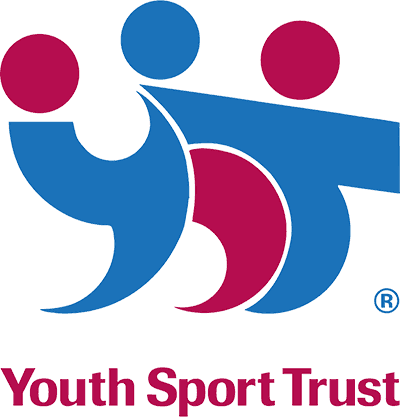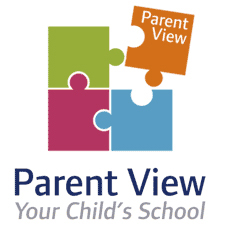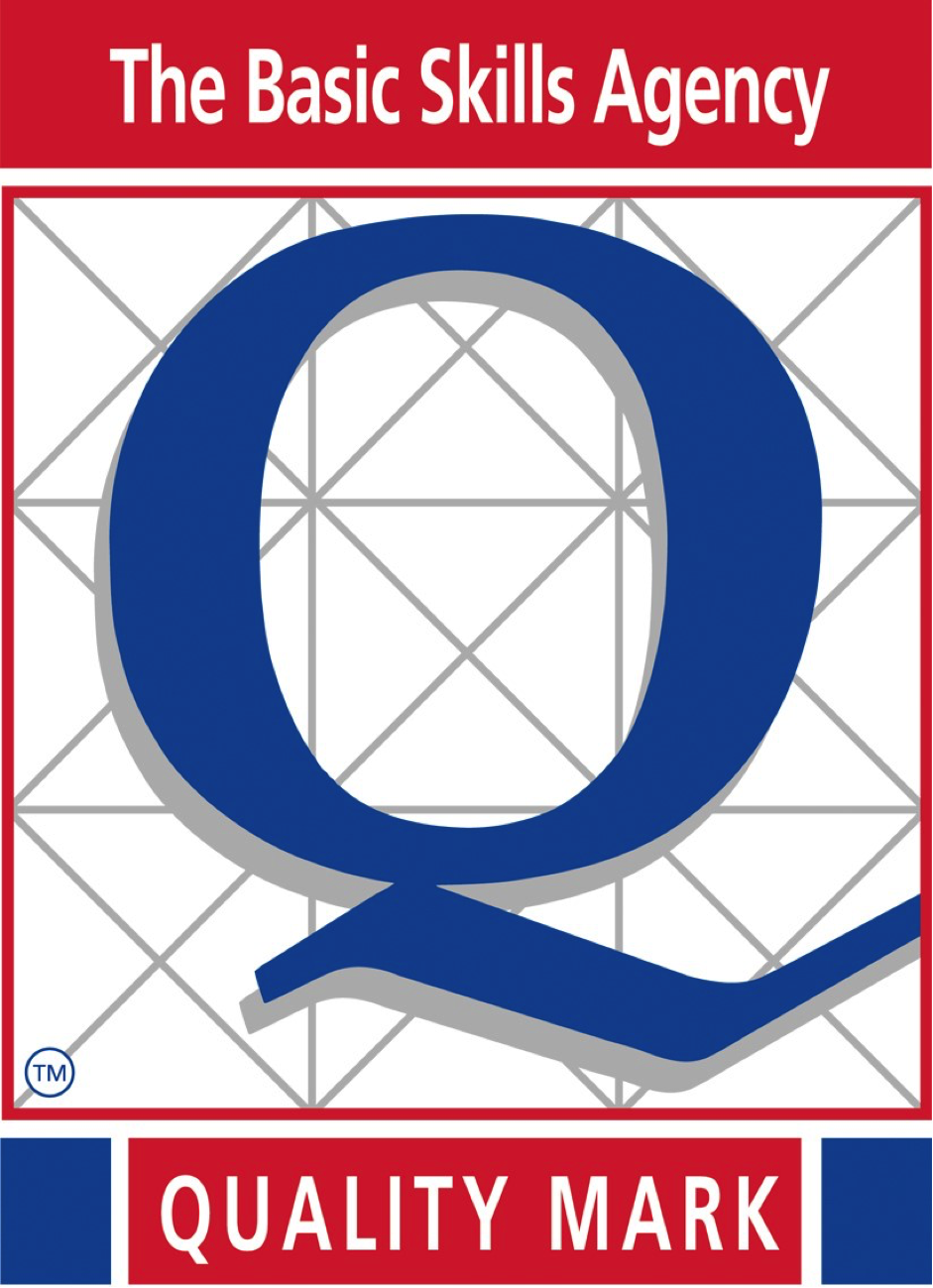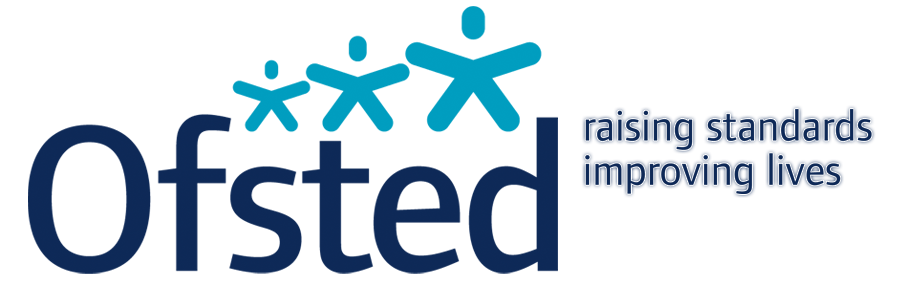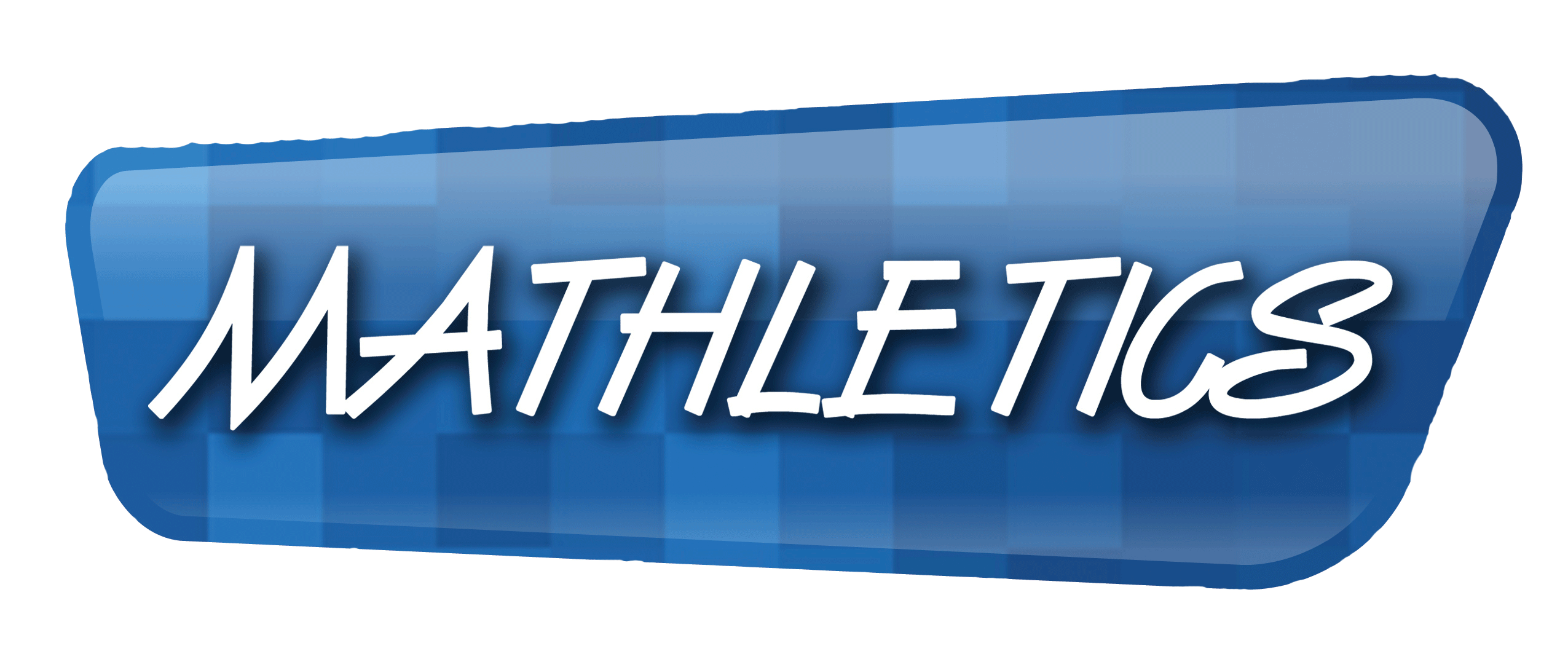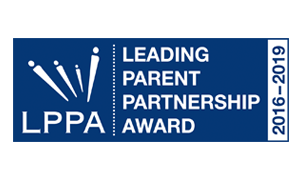Writing
It is our aim at Viewley Hill Academy to provide pupils with a varied high-quality English curriculum that supports pupils to speak, read and write with fluency so that they can communicate ideas and emotions to others effectively. In order to support our children to communicate, we will provide them with varied opportunities and purposes to write across the curriculum. We do this is through a progressive curriculum that considers all aspects of writing: composition; spelling and phonics; grammar and punctuation; and handwriting.
Children will be exposed to a wide variety of genres both in fiction and non-fiction and will use their skills to plan, write, edit and evaluate their writing. They will be given time to work collaboratively both in the planning stage but also in writing and evaluating. Children will be supported to develop their own wide vocabulary in order to be precise in their meanings.
To assess writing, we use the national standards in EYFS, KS1 and KS2 and a Middlesbrough exemplar document: ‘What Makes a Standard’.
Writing Teaching Sequence
Steps to Success
Read and Respond
- Engagement for writing.
- Activate prior knowledge to support the genre being taught.
- Introduce the end writing task and refer to it throughout the teaching sequence.
- Share a model of excellence that demonstrates the features needed without it being the actual writing task.
- Interrogate MOE for language, grammar, sentence types, structure and organisational features.
- Consider its audience and purpose.
Prepare
- Create success criteria that all children have access to during independent application.
- Identify the context, audience and purpose (C.A.P)
- Gather vocabulary
Shared Planning
- Revisit the end writing task and continue to refer to it throughout the teaching sequence
- Create whole class plan, modelling the thought process behind it
Draft using whole class plan
- Sentence Level work- experiment with language and sentence structures, linked to genre
- Shared writing- rehearsing and composing sentences
- Short tasks to practise what will lead into independent writing
- Assessment for learning within the lesson responding to feedback
Independent Writing (Refer to Smart Notebook Exemplar for KS1)
- Children will then create their own individual plan, drawing on their prior learning and discussions within the class
- Children now write independently and the timescale for this is broken down depending on the needs of the class and once assessment for learning has been addressed
Evaluate and Edit
- Evaluate effectiveness of own and others’ writing
- Proof read for spelling, punctuation and grammar errors
- Responding to feedback
- Publish/ Perform
- Read aloud their own writing to a group or class






